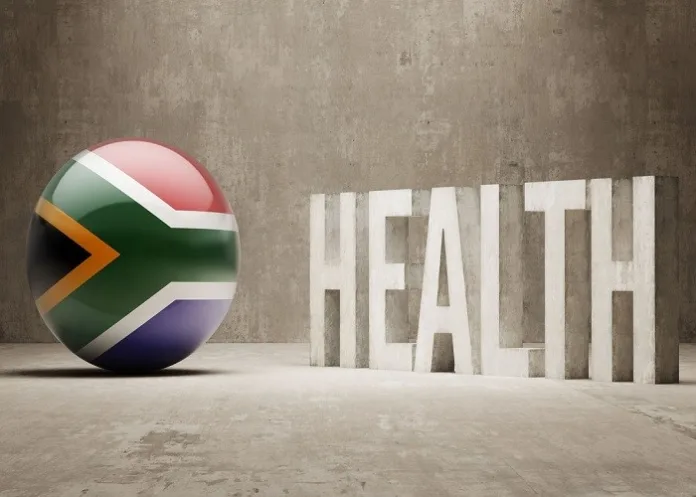Leading business groups as well as the Institute of Race Relations (IRR) are among the many objectors to the National Health Insurance (NHI) Bill in its current form, as the deadline for comment on the proposed legislation closed last week.
The IRR said the Bill has “serious problems”, describing the public participation process as “improper”. In addition, the IRR said no socio-economic impact assessment system study has been done on the Bill, and that among other problems, the demand for “free” NHI service would be so enormous that all participating clinics, GPs, and other primary providers would inevitably have very long lists (or very long queues) of people waiting to see them.
Mlondi Mdluli, IRR campaign manager, said implementing the NHI Bill would result in the nationalisation of South Africa’s excellent private healthcare system, meaning that the country’s 75 remaining medical schemes will be pushed out of operation, reports the Cape Argus.
This would also lead to greater enforcement of failed BEE procurement rules, to which every contract for health goods and services would be subject.
“Additionally, people will have little choice about the specialists or hospitals to which they are sent, and they will find themselves deprived of choice and entirely dependent on a state-controlled monopoly,” he added.
In their submission on NHI, Business for SA (B4SA) and Business Unity SA (Busa) pointed out that no country stops the private sector from funding and purchasing health services, and appealed for medical aids to be permitted and for the Bill to be changed to allow the private and public sectors to collaborate to improve healthcare.
“We are deeply concerned that the current process and version of the Bill, with its attendant constitutional risks, is likely to widen health inequality rather than reduce it,” said Busa CEO Cas Coovadia.
“However, we believe that with small but critical changes, which allow both the public and the private sector to work together as we did during the Covid-19 pandemic, a sustainable and affordable NHI is possible.”
Business Day reports that the comments came as speakers at the annual conference of the Hospital Association of SA in Cape Town discussed the NHI single-payer model’s shortcomings.
Healthcare actuary Roseanne Harris, who guided the Busa and B4SA response to the Bill, said there are pitfalls in having only one purchaser of healthcare.
“The primary risk of a single fund model is that it is entirely dependent on taxpayers. So if the expenses exceed the revenue, then that fund is going to need to be bailed out.”
Simon Strachan, CEO of the Private Practitioners Forum, representing specialist doctors, said remuneration for healthcare had to be “acceptable to people who are providing that service”.
FTI Consulting analysis for Busa and B4SA on how to finance the NHI showed that to fund a R200bn yearly shortfall the government would have to raise VAT from 15% to 21% or personal tax by about a third, or there would have to be a payroll tax of more than R1 500 for every employed person outside the agricultural sector.
FTI economist Nicola Theron, who did the analysis, said that a huge tax increase while SA’s tax base declines is not viable.
Cape Argus PressReader article – Serious problems with NHI Bill, says IRR (Open access)
Business Day PressReader article – Plea for private healthcare (Open access)
See more from MedicalBrief archives:
Public comments deadline extended for NHI Bill
Doctors’ petition urges NCOP to reject NHI Bill
Litigation threats as NHI Bill passed by parliamentary committee

